“I knew I was addicted but I couldn’t stop. My brain was telling me, ‘wow this is so fun and so enjoyable.’ My addiction was and I guess still is – video gaming.”
Speaking about his video game addiction is former World Snooker Champion Neil Robertson. Robertson has spent the last several years of his life battling against his demons which have come in the form of certain video games.
Yes, even professional athletes and World Champions can struggle with video game addiction.

“This addiction cost me a lot in my career and my personal life,” states Neil.
“I probably would have won more tournaments. I won the [snooker] World Championship in 2010, maybe I could have won more if I was fully committed to snooker. I was spending time playing video games when I should have been spending it with my family and on the practice tables. I was addicted to League of Legends, World of Warcraft and FIFA. It was ridiculous. I was staying up all night playing these video games. League of Legends is banned in my house now and rightly so.
“I am a really addictive person with an addictive personality so when I do something I really go at it 100% and try to become the best that I can be at it. Video gaming is obviously extremely unhealthy. Spending so many hours in front of a screen, it affects your sleep, your moods.”
League of Legends and World of Warcraft are massively multiplayer online role-playing games (MMORPGs). They have been found by research 1 1. The influence of game genre on Internet gaming disorder × to be the most addictive video games to have ever been created. Addiction is described as:
“the repeated involvement with a substance or activity, despite the substantial harm it now causes, because that involvement was (and may continue to be) pleasurable and/or valuable.”
Addiction can affect all human beings and has recently been treated as a disease of the brain. Prior to the last decade, addiction was seen as something that only feeble people were susceptible to and was regularly discussed as a weakness rather than an addiction. However, scientific studies have now begun to study more about the effects of addiction; what causes addictive behavior and how to treat such behavior once an addiction has taken hold. Where addiction was once seen as something that only drug addicts suffer from, humans can also be addicted to activities other than drugs; sex 2 2. WHO: Compulsive sexual behavior disorder × for example and video gaming 3 3. WHO: Gaming disorder × too. But are video games inherently addictive?
Are Video Games Inherently Unhealthy for Us?
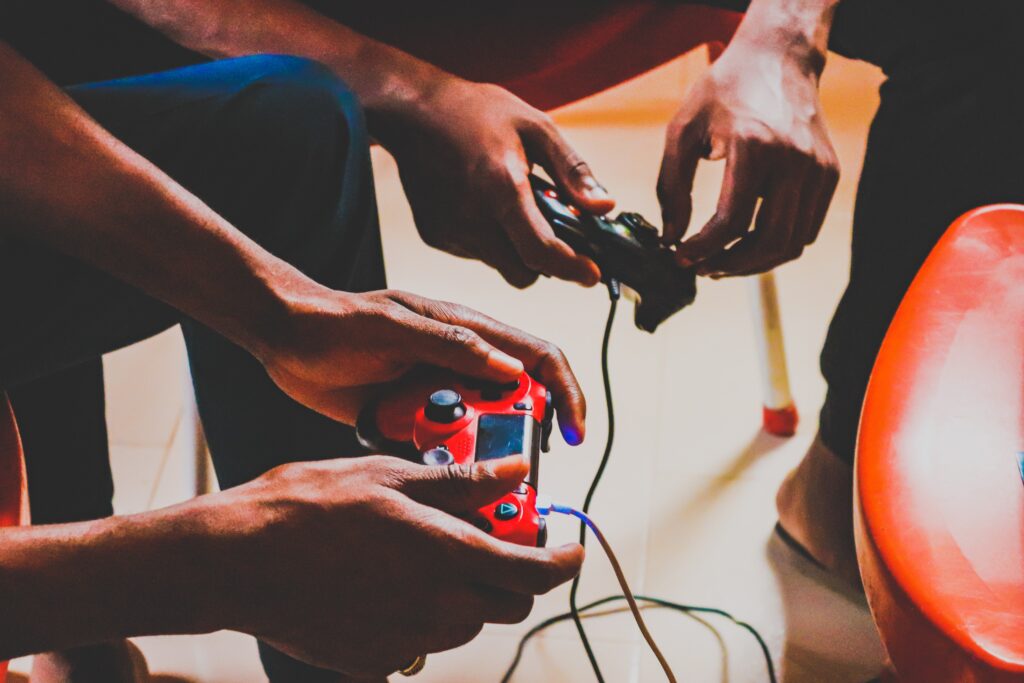
Video games provide a large amount of good to people. Video games can help people relax after a stressful day at work and can provide hours upon hours of entertainment.
Bias notwithstanding, video producer Johnny Chiodini stated that he has used video games as a support tool to help himself deal with difficult times “pretty much throughout his whole life.” When depression started to overwhelm him, Chiodini would use video games in order to give himself something else to think about. They provided him a relief where real life would not give him one.
Related: How to Overcome Escapism
Some video games have been found to lower stress levels in humans – sometimes it is good to have a break from the real world. Whilst other games have been known to improve cognitive abilities. Problem solving and team working abilities can also be enhanced. In addition, positive experiences and ‘wins’ whilst playing video games can build resilience to stress. Video games with an educational purpose are of course much less likely to be talked about in a discussion of the negative aspects of video games. As are video games that encourage physical activity.
But are video games inherently addictive? Perhaps it is not video games themselves that are the problem. Video games are fun and enjoyable. They offer an escape from our sometimes boring and mundane lives. Video games take us into fantasy worlds; horror worlds; action worlds and many other worlds different from our own realities. Video games act like time machines, transporting us back to any period of time in which we desire. They can also transport us into future worlds; into space; into the depths of hell. We can become mythical creatures, Greek Gods and treasure hunters. Video games allow us to battle monsters; destroy worlds; and become underworld kingpins. They give us the opportunity to build new worlds, travel to distant galaxies and meet alien beings.
The paragraph above portrays video games in the most elegant of moonlight. And the words are all true. The technology that has gifted us with the video games of our age is truly spectacular, there is no doubting that. But as every psychologist will tell you – humans have an unquenchable thirst for wealth. As of January 2018, there are 2.2 billion video gamers worldwide 4 4. Number of gamers worldwide hits 2.2 billion × – a market of almost unprecedented proportions. Video game companies have direct access to the wallets of all of these people and they want that cash through in-app purchases.
The Mainstream Video Game Industry
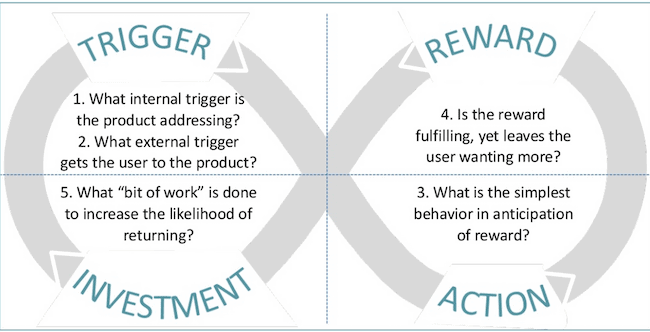
In this article published by Gamasutra in 2001, the author, John Hopson – who later went on to become head of user research at Bungie – gives instructions on how to make games that ‘hook’ users. Hopson discusses and incorporates behavioral psychology techniques and instructs the ways in which to use these techniques in order to do three things:
- Make players play hard
- Make players play forever
- Make players never quit
The article was written in 2001 – the industry has certainly evolved since then. Graphics have improved and we are able to chat and play video games online with friends who are thousands of miles away. But the free market allows games companies to monetize the gaming industry to its full extent. Sometimes this is at the expense of the player, sometimes it is not. Ads in games are not necessarily a problem to players other than the annoyance of having to close them down during whilst playing. On the other hand, gaming companies that design their games as ‘pay to win’ or as ‘free-to-play’ can be very detrimental.
We are monetizing the weakness of people and turning it into cold hard cash.
Free-to-play games are, as the name suggests, completely free to play. The creators of free to play games make their money via selling in game items to players.
Teut Weidemann, lead designer of Settlers Online, outlined that in order for a company to succeed with free to play games, they must exploit human weaknesses. Weidemann went on to state that companies need to find those areas in which players can be monetized, and go after that aggressively. “We are monetizing the weakness of people and turning it into cold hard cash,” he stated.
In an article published in the scientific journal – ‘Computers in Human Behavior’ – the authors’ research 5 5. Loyalty towards online games, gaming addiction, and purchase intention towards online mobile in-game features × indicates that the most important stream of game developers’ revenue is via gamer’s in-game purchases. The article came to the conclusion that gaming addiction had a positive relationship with the purchase of in-game apps.
When it comes to the monetization of people, no person is out of bounds, not even children, it seems. A study found that even ‘educational’ games for children as young as six have manipulative advertising in them. According to the study, in the children’s gaming app, ‘Doctor Kids’ the game is interrupted by a pop-up bubble with a new mini-game idea. “When a child clicks on the bubble, they are invited to purchase it for $1.99, or unlock all new games for $3.99,” the study tells us.
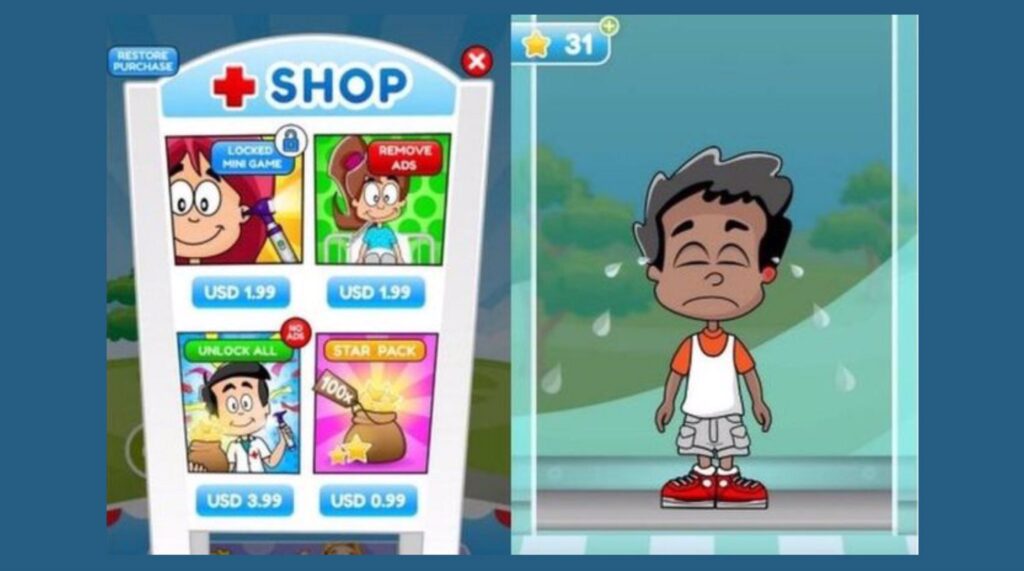
“There’s a red X button to cancel the pop-up, but if the child clicks on it, the character on the screen shakes its head, looks sad, and even begins to cry.”
A game built like this raises many ethical questions, unfortunately this kind of manipulative advertising within children’s gaming apps, are becoming increasingly popular.
At the same time, children are also spending a large amount of time playing free to-play-games that often have an age range of under 18. There have been numerous stories of children who have spent thousands of pounds of their parent’s money without permission, by purchasing in game items. Many of course are unbeknown to the consequences of spending such money. Although this does not correlate with being addicted to video games, it does however show how simple it is to buy these items if children are able to do it. Free to-play games are set up so that it is as straightforward as possible for players to spend their money in game and rack up huge bills.
We are now witnessing games that are created and designed to ‘hook users’ and keep them playing for as long as possible. In addition, many newly created games are set up to ensure that the fastest way to success on these games is by paying real money in order to buy in-game items. It is estimated that the video game industry is worth over $100 billion, over double the revenue of the International film industry.
Video gaming has ‘evolved’ to such an extent that earlier this year, gaming addiction was listed as a mental health addiction by the World Health Organization. Some countries have gone as far as to identify game addiction as a major public health issue. The UK has funded public clinics to help treat addicts of video gaming.
The Online World of Video Gaming and the Effect on Players
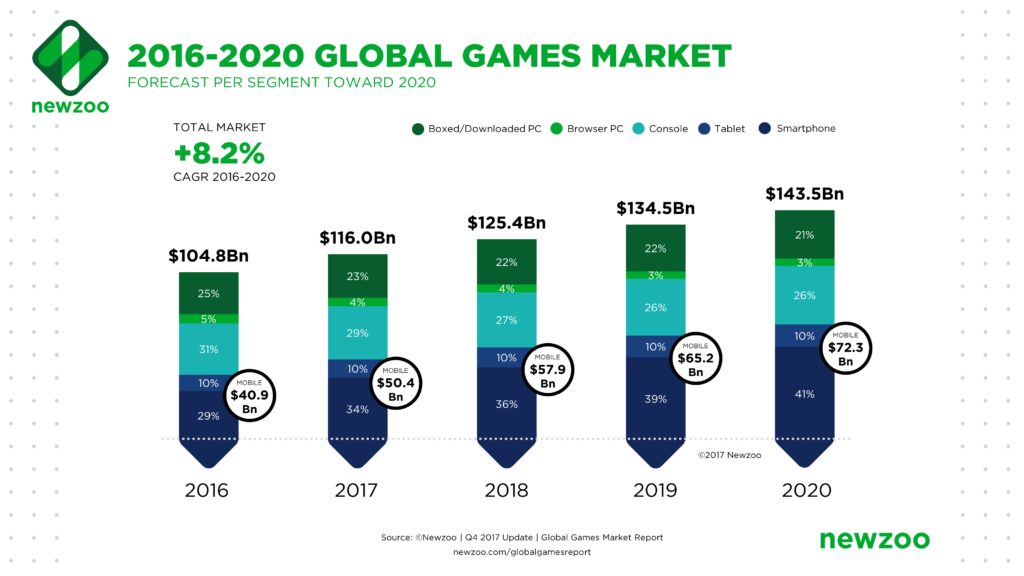
2001 brought us the first installment in the Halo franchise, Grand Theft Auto III and Max Payne. All fantastic games in their own right, each of them challenging in their own ways and fun – it’s hard to argue otherwise. Where these games differed from contemporary games, however, were that the early nineties games were primarily single player story mode based and for arguments sake, split screen multiplayer and co-op – before the evolution of online game play.
I was spending my time playing League of Legends rather than interacting with my family.
Post nineties, video gamers have been catapulted into the frenzied world of online gaming. The best-selling and most played video games in 2018 include two Massively Multiplayer Online Role-Playing Games (MMORPGs) – these types of games are never ending and highly competitive. League of Legends – the online game which hooked Neil Robertson is regularly quoted within online forums discussing video game addiction.
World of Warcraft, a game created by game design company Blizzard which came under heavy criticism via a BBC Panorama documentary which looked at teenagers under the age of 18 who were skipping school to play this game, is another. In a recent CNN article, the writer visited South Korea in order to talk to people who were recovering from gaming addictions in treatment centers. These recovering addicts told CNN that they played some of Blizzards most popular games at the exclusion of other activities; foregoing sleeping and eating in order to carry on playing.
“As soon as I became addicted to them, my spare time was spent playing video games,” states Neil.
“League of Legends, World of Warcraft and FIFA were the main ones. I knew it became a problem when me and my wife Mille had our baby – Alexander. I was spending my time playing League of Legends rather than interacting with my family. I was pretty quick to see it as a problem but it was such a great escape from the pressures of playing professional sport that it took a while to confront my addiction.
“When I was playing video games, nobody was watching my every move or judging me, I wasn’t putting as much pressure on myself to play at the top of my game constantly. It was something different. A release. I enjoyed playing video games more than I enjoyed playing snooker. I would think yes, I’ll just go to the snooker club and practice later but then it would get to 3pm and I would have to get ready to pick up my son from school. I would miss an entire day’s work just like that.
“It is interesting that video games have become a sport now. A lot of the ‘athletes’ are not grown men either, they’re just kids. 16/17 year olds who have gone from playing video games in their mum’s basements to earning a living playing in arena’s at esports tournaments in front of an audience of thousands. These esports stars have become idols for so many children around the world.”
The Effect On Children and Adults
According to a discussion on pathological video game use among youths 6 6. Pathological Video Game Use Among Youths: A Two-Year Longitudinal Study × ; depression, anxiety, social phobias, and lower school performance seemed to act as outcomes of pathological gaming. Whilst another similar scientific study 7 7. Effect of Pathological Use of the Internet on Adolescent Mental Health × that followed more than 1000 healthy Chinese teenagers aged between 13 and 18, concluded that those who used the Internet excessively to play video games were more than twice as likely as the others to be depressed nine months later.
Another study 8 8. The relationship between online game addiction and aggression, self-control and narcissistic personality traits × has shown that aggression and narcissistic personality traits are positively correlated with online video game addiction among gamers whilst self-control is negatively correlated with an online gaming addiction. The same study also infers that a high dependency on online games is associated with interpersonal difficulties and stress in reality. Although it is not clear whether this is a cause or a consequence of excessive online video game addiction.
In this article discussing the effects of staring at a screen for multiple hours per day, physician and filmmaker Delaney Rushton talks the reader through her research into the consequences of spending too much time in front of a television, laptop or mobile phone screen. Teenagers, for example – according to Rushton’s research, are in danger of losing self-confidence as well as failing to fully develop their social skills in the real world. Rather than approaching a crush or attempting to make friends in real life – something that requires confidence to do – they go to a computer screen either as a diversion or because it makes them feel just as good as approaching their crush due to the dopamine hit that video games produce. Excessive dopamine is just one way that gaming affects the brain.
Search this for yourself, check out the hormone dopamine to find out why you feel so good playing your favourite games and why this is likely to be so detrimental to you. Incidentally, dopamine is also released in your brain when you are watching pornography, when a drug such as cocaine is taken and when your social media posts garner attention.
Whilst it is easy to say something along the lines of ‘if video games are causing such problems for some people why don’t they just stop playing’ the reality is that it is not this simple. As discussed earlier, some games are designed in order to get people hooked and to ensure that they keep on playing by using behavioral psychology methods.
“All humans have these addictions to what makes us feel good,” says Neil.
“I was addicted to snooker when I was younger – a very good thing to become addicted to as it gave me a job and provided for myself and my family. Then I became addicted to video games – a very bad thing to become addicted to. I discovered snooker at an early age. Somebody else could discover gambling at a very young age and get excited about a £20 jackpot on a fruit machine and get addicted that way. A lot of science goes into the human brain; receptors go off in the brain to make us feel good. Gambling addiction, video game addiction, alcohol addiction, drug addiction – there are all these things which need to be controlled. Addictions to these things need to be talked about.”
“The tough thing as human beings is to strike a fine balance between what is the fun of entertainment to what can become a really terrible addiction where you get a lot of people getting themselves into perilous positions. Your marriage could break down; you could lose your house; you can lose real things thanks to an addiction to something bad.
“I was lucky, others might not be.”
Gambling in Video Games
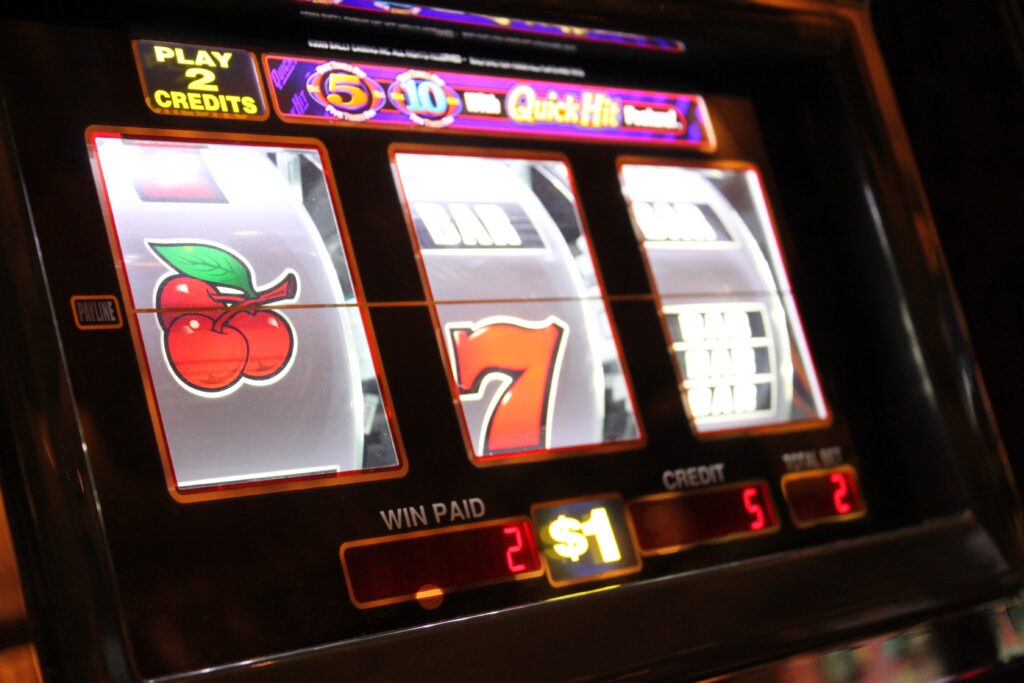
Neil believes that some video games have elements of gambling involved in them directly, he says: “One massive problem is the element of gambling that has been introduced for children in video games.
“One of the video games I played a lot was FIFA. I was addicted like hell to FIFA. You can open up packs in order to get different cards for your club and depending on how lucky you are you can get really good players.”
It has come to the point where these gaming companies are making a living off of gambling edges.
Neil is talking about FIFA Ultimate Team which has been a game mode on FIFA titles since FIFA 09. FIFA Ultimate Team allows gamers to build their very own dream team’s in the form of cards which can then be played with on the virtual pitch. Cards can be gained by opening packs – packs can be opened by the player by using either in-game coins which the player must earn, or they can be opened by using real money in order to purchase ‘FIFA Points’. However, no matter how much money is spent, whether or not the player receives a rare player from their pack or not is solely luck based. The pay-to-win element also exists within FIFA Ultimate team. The more money you spend the more packs you get to open which will result in a more likely chance that you will receive the very best players/cards to use in your Ultimate Team squad.
EA’s newest installment of the FIFA franchise is FIFA 19. Before the release of FIFA 19 in September 2018, various governments ordered EA Sports to disclose loot box odds in-game. The government of Belgium stated that in-game loot boxes were a form of gambling and demanded that FIFA removed loot boxes from their franchise. In April 2018, the Belgian Gambling Commission stated that loot boxes were a form of gambling under existing Belgian law and was therefore illegal. After being under a criminal investigation in Belgium, EA has agreed to remove loot boxes from FIFA games sold in the country.
“Online casinos are subjected to a wide range of extremely strict regulations but the same scrutiny is not applied to video games even though they can have the same addictive effect and even include loot boxes,” states Sebastian Lindt from PlayFrank.
“In the future it is likely that the same regulations will begin to be applied to video games – this is extremely important because kids are playing these games. Regulations certainly need to be applied.”
In China, it has been written into law that gaming companies must make the odds of loot boxes public. Although some gaming companies including Blizzard have found ways around this law, it is a step in the right direction.
“It has come to the point where these gaming companies are making a living off of gambling edges,” says Neil.
“You can buy these packs online and for £20 you can buy a certain amount of packs and then you open them. I used to play it religiously and my son also plays it and we have spent thousands on this silly game in the past. Opening the player packs becomes an addiction, you’re so eager to get a rare player so you can give your brain that adrenaline rush that it is asking for.
Related: Video Games and Gambling: An Introduction to Loot Boxes, Microtransactions, and In-App Purchases
“My son used to come running into the room saying Daddy, Daddy can I please have some money to open these packs. Already this sort of gambling is available for kids. If kids aren’t becoming addicted to the video game itself, they are becoming addicted to the gambling aspect of the game. This sort of thing just shouldn’t be allowed whatsoever.
Neil now realises how detrimental video gaming can be for him, so he is now able to speak out about it.
Fortunately, thanks to his friends and family and his own mental fortitude, Neil has managed to kick his video gaming addiction, although he will forever live with the battle against falling back into his old habits. Others, on the other hand are deep into their addiction whilst many do not even realise that they could be addicted to video games.
As humans, we have a natural predisposition to addictive behaviors. Gaming companies such as EA – the company behind the FIFA games and other pay-to-win type video games – have begun exploiting this predisposition not only in adults but also children. Incidentally, FIFA 19 has an age verification of 3+. The dangers of introducing children to gambling are obvious.
EA’s Ultimate Team was worth an estimated $800m annually. Anyone who is familiar with Twitch and YouTube will have witnessed streamers record their own pack openings. These streamers showcase themselves spending thousands upon thousands of dollars opening FIFA packs – this is how game companies like EA make the majority of their money now – by selling in-game items.
Overcoming Addiction?

Photo credit: Anna Gowthorpe/PA Wire
Humans are not perfect and are always going to be susceptible to poor choices,” says Neil.
“Some people become aware of their addiction at a good time but for some people it comes too late. For addictions, we need to raise as much awareness as possible.
“Instead of playing video games I now have this hobby called Warhammer. I paint these little figurines which I can then battle with against other collectors. It takes skill and time to paint them and I’ve become really good at painting. There’s lots of different techniques to it. During my spare time a few years ago I would be glued to the laptop for 8 hours before playing snooker which is obviously poor preparation for when you’re going to be focusing your eyes on a 12ft snooker table. Now I bring all my paints with me before a match and I just chill out.
“If you are recovering from a gambling addiction or any other addiction that is detrimental to you, you have to find something healthy to distract yourself with. You need to keep yourself busy so that you do not end up going back to your addiction. We are all addicted to different things, every human being has some sort of addiction in them, you just need to distract yourself from the bad addictions.”
Written by: Iain is a nomadic freelance journalist from the UK and can be found traveling the world searching for stories and on his Twitter account: @iain_fenton
Need help to quit gaming? Reading this and struggling with a compulsion or addiction to gaming? You are not alone. Check out Respawn, a program specifically designed to help you quit gaming and take control of your life back. Backed by scientific research, join thousands of others like you who have quit gaming. Start your journey today.
Footnotes
- The influence of game genre on Internet gaming disorder ↩
- WHO: Compulsive sexual behavior disorder ↩
- WHO: Gaming disorder ↩
- Number of gamers worldwide hits 2.2 billion ↩
- Loyalty towards online games, gaming addiction, and purchase intention towards online mobile in-game features ↩
- Pathological Video Game Use Among Youths: A Two-Year Longitudinal Study ↩
- Effect of Pathological Use of the Internet on Adolescent Mental Health ↩
- The relationship between online game addiction and aggression, self-control and narcissistic personality traits ↩
